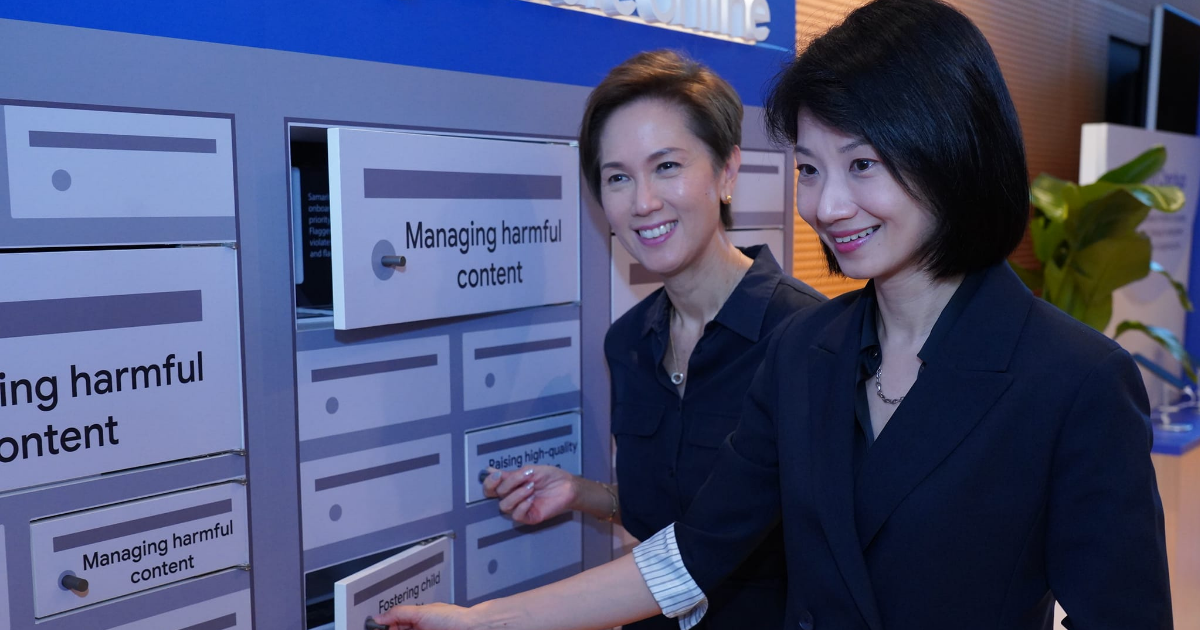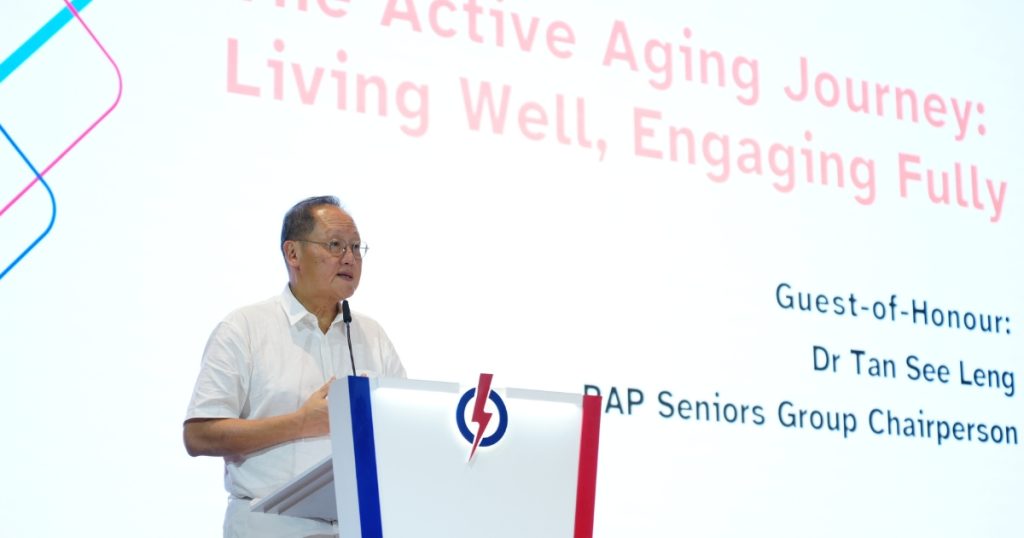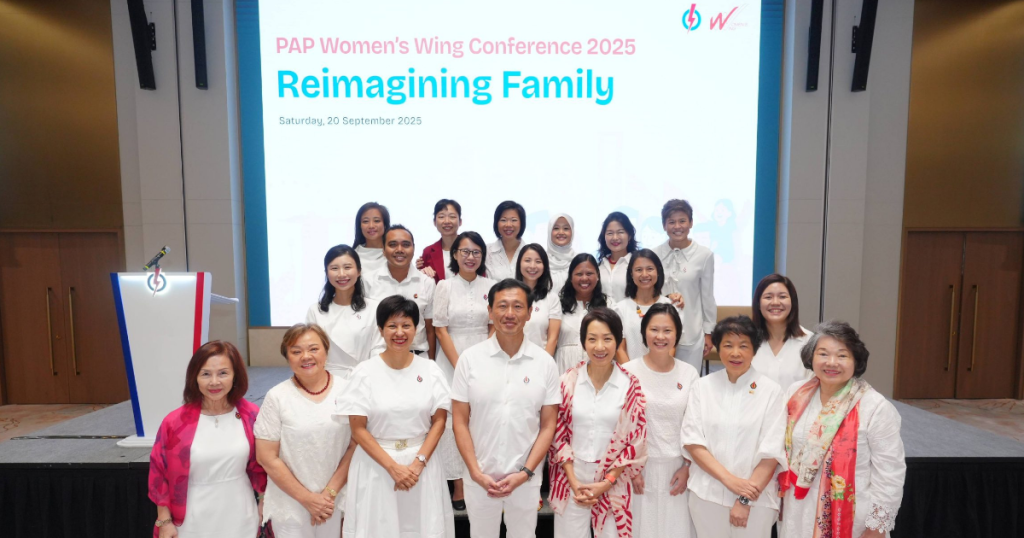Did you know that close to 99% of all Singaporean households have internet access? As a country with one of the highest internet penetration rates in the world, Singaporeans are a well-connected bunch. However, this also makes us vulnerable to the harmful content that lurks online.
As such, PAP MPs have been tireless in their advocacy for a safer space online over the past few years.

In 2021, the Sunlight Alliance for Action (AfA) was launched to address online harms targeted towards women and girls.
Co-chaired by SMS Sim Ann and then-SPS Rahayu Mahzam, the AfA successfully raised greater awareness about online harms and digital safety through public engagement and youth outreach.
More importantly, their work and feedback have led MCI (now-MDDI) to introduce Codes of Practice to enhance online safety.
“I hope that we will, in the near future, be able to tangibly see how our effort as a society contributes towards closing the digital safety gap for women and girls in Singapore,” shared Ms Sim about the efforts of the AfA.
Stronger legislation to tackle online harms
By 2023, Singapore had passed two major Bills to better regulate the online space.
First, there is the Online Safety (Miscellaneous Amendments) Act. Passed in 2022, it empowers IMDA to direct social media platforms to remove egregious content. This includes posts advocating suicide, self-harm, child sex exploitation, and terrorism.
A year later, the Online Harms Act was passed to allow the government to act more effectively against malicious cyber activities. Under the Bill, individuals, online service providers, and app stores will be required to remove their content if there is reason to believe it is used for criminal activities.

Speaking at the Online Harms Symposium 2023, Minister for Home Affairs K. Shanmugam shared some sobering statistics from a a study by NGO, SHE Singapore.
“Online harms also seem to lead people to withdraw from public discourse. 3 in 4 (76%) said they are not comfortable sharing their personal views online on potentially controversial topics…because they get shouted down.
“So, when we advocate for free online space, the free speech rights of 76% are affected when you do not provide a safe environment. Many fear that others will target them, cause harm to those who know them, or harm them in real life. This is bad for society.”
In keeping egregious actors out of the way and holding social platforms accountable, that is how Singapore ensure that free speech and ideas can continue to flourish within a safe space.
PAP MPs push for a safe and inclusive digital society


As the eyes and ears for the government on the ground, PAP MPs have frequently voiced out their concerns about the impact of online harms and the need for digital safety.
In 2024, then-GPC chair for Communications and Information Tin Pei Ling and several PAP MPs filed a motion to advocate for a safe and inclusive digital society.
“As we welcome the opportunities that come with a digital future, we must confront challenges that could erode our trust in institutions and individuals pivotal to Singapore’s success and cohesion,” said Ms Tin.
The motion also set out 13 calls to action on how Singapore can make the online space safer and more inclusive for all Singaporeans.
Better protections for victims of online harms
Today, scammers are becoming more sophisticated. Online harms have also taken on added complexity because of AI.
Recognising the impact these issues can have on those affected, the government is now looking to pass a new law to further strengthen online safety in Parliament this week.
The Online Safety (Relief and Accountability) Bill will empower victims to seek timely relief and obtain redress from online harms that warrant urgent relief. They include doxxing, image abuse and online stalking.
The Bill will also introduce measures to ensure that perpetrators of online harms are held accountable.
“This Bill marks a milestone that was 2-3 years in the making, after extensive stakeholder engagements involving over 100 industry partners, academics, community groups and other experts and a public consultation.
“When passed, (it) will have a significant impact in making the digital space safer for all Singaporeans,” said Minister for Digital Development and Information Josephine Teo.




